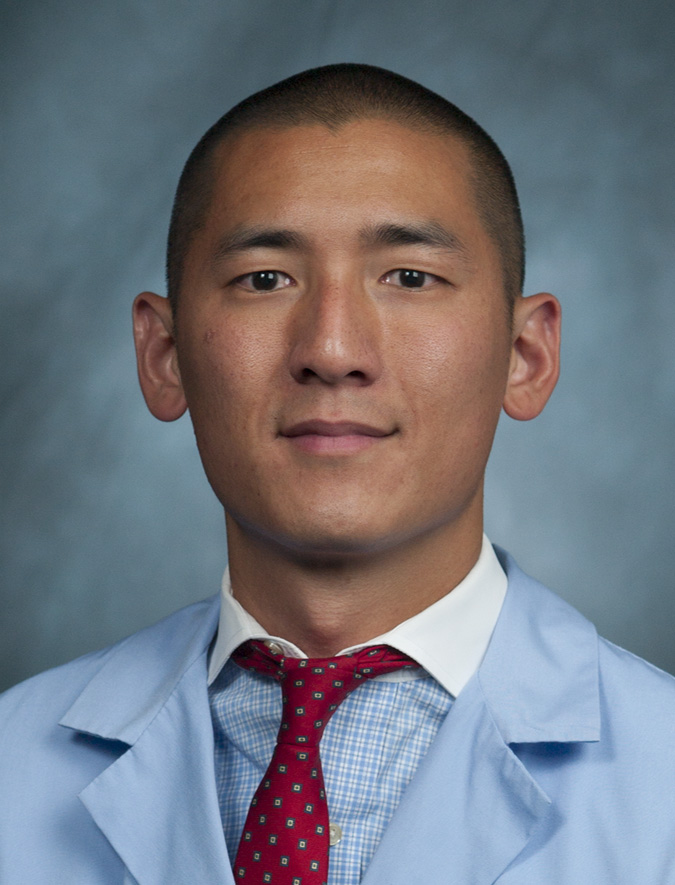Low Vision / Vision Rehabilitation Service
Overview
According to a recent publication from Prevent Blindness America, over 152,000 people in Illinois have vision impairments as a result of macular degeneration, diabetic retinopathy, glaucoma, and other conditions. The National Eye Institute has identified low vision rehabilitation as a key focus area which is contained in the Healthy People 2010 document.
What is Low Vision Rehabilitation?
Low Vision Rehabilitation is the processes of treatment and education that helps individuals who are visually disabled attain maximum function, a sense of well being, a personally satisfying level of independence and optimum quality of life. Function is maximized by evaluation, diagnosis and treatment including, but not limited to, the prescription of optical, non-optical, electronic and/or other treatments. The rehabilitation process includes the development of an individual rehabilitation plan specifying clinical therapy and/or instruction in compensatory approaches.
Low Vision Rehabilitation may be necessitated by any condition, disease, or injury that causes a visual impairment that results in functional limitation or disability. In addition to the evaluation, diagnosis and management of visual impairment by the eye care physician; low vision rehabilitation may include, but is not limited to medical, optometric, allied health, social, educational, and psychological services.
When Vision Cannot be Corrected
When vision cannot be corrected or improved medically, surgically, or with conventional glasses, the person is said to have "low vision." There is hope of improved vision and independent living through the use of prescription optical, non-optical and electronic devices to maximize residual vision. The ultimate goal of low vision specialists is to provide individuals of all ages, who have visual impairments, with the tools and training necessary to function independently at home, at school, in the workplace and within the community.
Low vision prescriptive glasses, devices and technology cam improve visual abilities for activities of daily living; like reading, writing, watching T.V., going shopping, driving, at the workplace, in the classroom and overall improve an individuals level of independence. The knowledge and hope gained by the low vision rehabilitation experience often lifts human spirit and opens up opportunities that may have seemed lost.
It is important to point out that the low vision rehabilitation service is a specialty service that does not replace current eye care from your retinal specialist and/or other eye doctors providing medical intervention. Individuals with vision loss are co-managed by doctors to address medical and rehabilitation issues related to their respective eye condition.
About Dr. Williams
Dr. Williams has 25 years of experience as a low vision rehabilitation practitioner. Dr. Williams is currently the co-chair of the National Eye Institutes (NEI) Low Vision committee with the National Eye Health Education Program (NEHEP). Dr. Williams is a board member of the National Accreditation Council (NAC) for agencies serving people with vision impairment and blindness. Dr. Williams is a board member of AMD Alliance International and was appointed by the Governor to the Illinois Blind Service Planning Council. Dr. Williams is the Executive Director of the Deicke Center for Visual Rehabilitation in Wheaton, Illinois and has received numerous awards for his work in the field of low vision rehabilitation.
More Information on Low Vision / Vision Rehabilitation:
R. Tracy Williams, OD, FAAO
Optometrist
Clinical Professor of Ophthalmology
Clinical Expertise
- Director, Low Vision Service
- Low Vision
- Visual Rehabilitation
Locations
Loyola Outpatient Center
Robert Chun, OD
Assistant Professor
Clinical Expertise
- Low vision
- Electrophysiology
Locations
Loyola Outpatient Center


